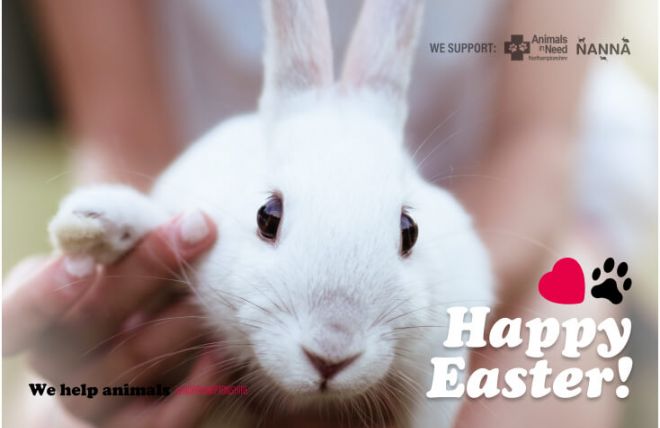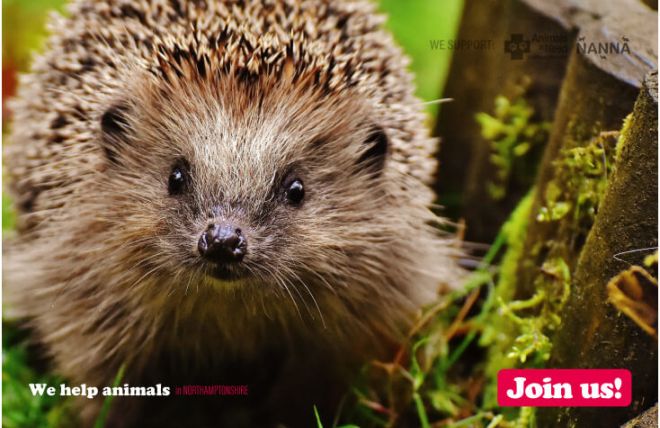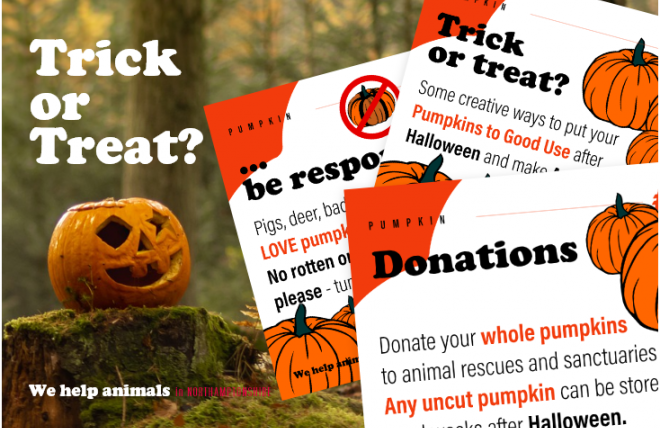
Symptoms, Risks, and How to Help
Bird flu is a highly infectious viral disease that affects many species of birds, including domestic poultry such as chickens, turkeys, and ducks. The disease can be caused by various strains of the influenza A virus and can be transmitted to humans. In the UK, a bird flu outbreak started in 2022 and is still spreading in 2023, with severe consequences for both birds and humans.
Origin of the disease
The origins of bird flu can be traced back to the early 20th century, but the first reported outbreak in birds occurred in Scotland in 1959. Since then, bird flu outbreaks have occurred worldwide, with varying degrees of severity. In recent years, outbreaks have been reported in many parts of the world, including Asia, Africa, Europe, and the Americas.
The current outbreak of bird flu in the UK began in 2022 and has been identified as the H5N8 strain of the virus. The virus is believed to have been introduced into the UK by migratory birds, such as wild geese, that carry the virus but are themselves immune to the disease. The virus then spread to domestic birds, including chickens and turkeys, through contact with contaminated surfaces or materials.
Symptoms in birds
Bird flu can cause a range of symptoms in birds, from mild to severe. The most common symptoms include respiratory problems, such as coughing, sneezing, and difficulty breathing, as well as diarrhea, loss of appetite, and decreased egg production. In severe cases, the virus can cause death in a large number of birds within a short period of time.
Spread of bird flu
Bird flu is highly contagious and can be spread from bird to bird through contact with infected secretions or feces, contaminated feed or water, or by inhalation of the virus. The virus can also be spread by humans who come into contact with infected birds or their feces, feathers, or other materials. The disease can survive for long periods of time in the environment, and infected birds can shed the virus for several days before showing symptoms.
Risk to humans
While bird flu is primarily a disease of birds, some strains of the virus can be transmitted to humans, causing severe illness and even death. People who come into close contact with infected birds, such as poultry workers, veterinarians, and people who keep backyard chickens or ducks, are at highest risk of contracting the disease. Symptoms in humans include fever, cough, sore throat, muscle aches, and difficulty breathing. In severe cases, the virus can cause pneumonia, acute respiratory distress syndrome, and organ failure.
Strain of the virus in the UK
The current outbreak of bird flu in the UK has been identified as the H5N8 strain of the virus. This strain is highly pathogenic, meaning it can cause severe disease and high mortality rates in birds. The strain has been reported in many parts of the world, including Asia, Europe, and Africa, and is of particular concern due to its ability to rapidly spread between birds and to humans.
How we can help birds fight bird flu
The Royal Society for the Protection of Birds (RSPB) has provided guidance on how to help birds during the bird flu outbreak. The RSPB recommends providing birds with a clean and safe environment, avoiding overcrowding, and providing nutritious food and water. During the outbreak, it is important to monitor birds for any signs of illness, and to separate any sick birds from healthy ones. If you suspect that your birds may have bird flu, contact your veterinarian immediately.
What we should do to protect birds
To protect birds from the spread of bird flu, the UK government has implemented a number of measures, including mandatory biosecurity measures for all bird keepers, restrictions on the movement of birds, and targeted surveillance and testing for the disease.
Protect yourself and others
To protect yourself and others from bird flu, it is important to take the necessary precautions. Here are some additional ways you can help wild birds and protect both their populations and human health in the UK.
- Follow proper hygiene practices
If you come into contact with wild birds or their environment, wash your hands thoroughly with soap and water. Use hand sanitizers if soap and water are not available. Avoid touching your face, mouth, or eyes before washing your hands. If you have any symptoms of illness after touching with wild birds or their environment, seek medical advice immediately and be sure to mention contact with wild birds. - Avoid high-risk areas
Avoid visiting areas where bird flu has been confirmed, and follow local health advisories. If you are a bird watcher, avoid handling birds or their feathers, and avoid collecting bird droppings. Do not touch sick or dead birds (or at least not without special equipment), and do not consume poultry or eggs that may be infected with the virus.
Do not touch sick or dead birds
- Report sick or dead birds
If you notice any sick or dead birds, report them to the local wildlife authority or the Animal and Plant Health Agency (APHA) immediately. Do not touch or handle the birds, as this may increase the risk of contracting the virus. - Protect poultry
If you keep poultry, follow good biosecurity practices to prevent bird flu. Keep your birds in a clean and secure area and limit their exposure to wild birds. Do not share equipment or clothing with other poultry keepers. If you suspect that your birds may be infected with bird flu, contact your veterinarian or the APHA immediately. - Stay informed
Stay up to date with the latest information on bird flu in the UK and follow local health advisories. The APHA regularly updates its website with information on bird flu outbreaks and advice on how to protect both wild birds and domestic poultry. You can also subscribe to the UK government's bird flu alert service to receive updates on outbreaks and control measures.
Finally
Bird flu can pose a risk to both wild bird populations and human health in the UK. By taking the necessary precautions and following good hygiene practices, we can help protect wild birds, prevent the spread of the virus, and reduce the risk to human health. By supporting the conservation of wild birds, we can play an active role in safeguarding the UK's biodiversity.
References:
- The Royal Society for the Protection of Birds (RSPB). "Bird Flu and Wild Birds." https://www.rspb.org.uk
- Animal and Plant Health Agency (APHA). "Avian Influenza (Bird Flu) in the UK." https://www.gov.uk.
- UK Government. "Sign Up for Bird Flu Alerts."
https://www.gov.uk - Wildlife Trusts. "Helping Wild Birds in Your Garden."
https://www.wildlifetrusts.org







